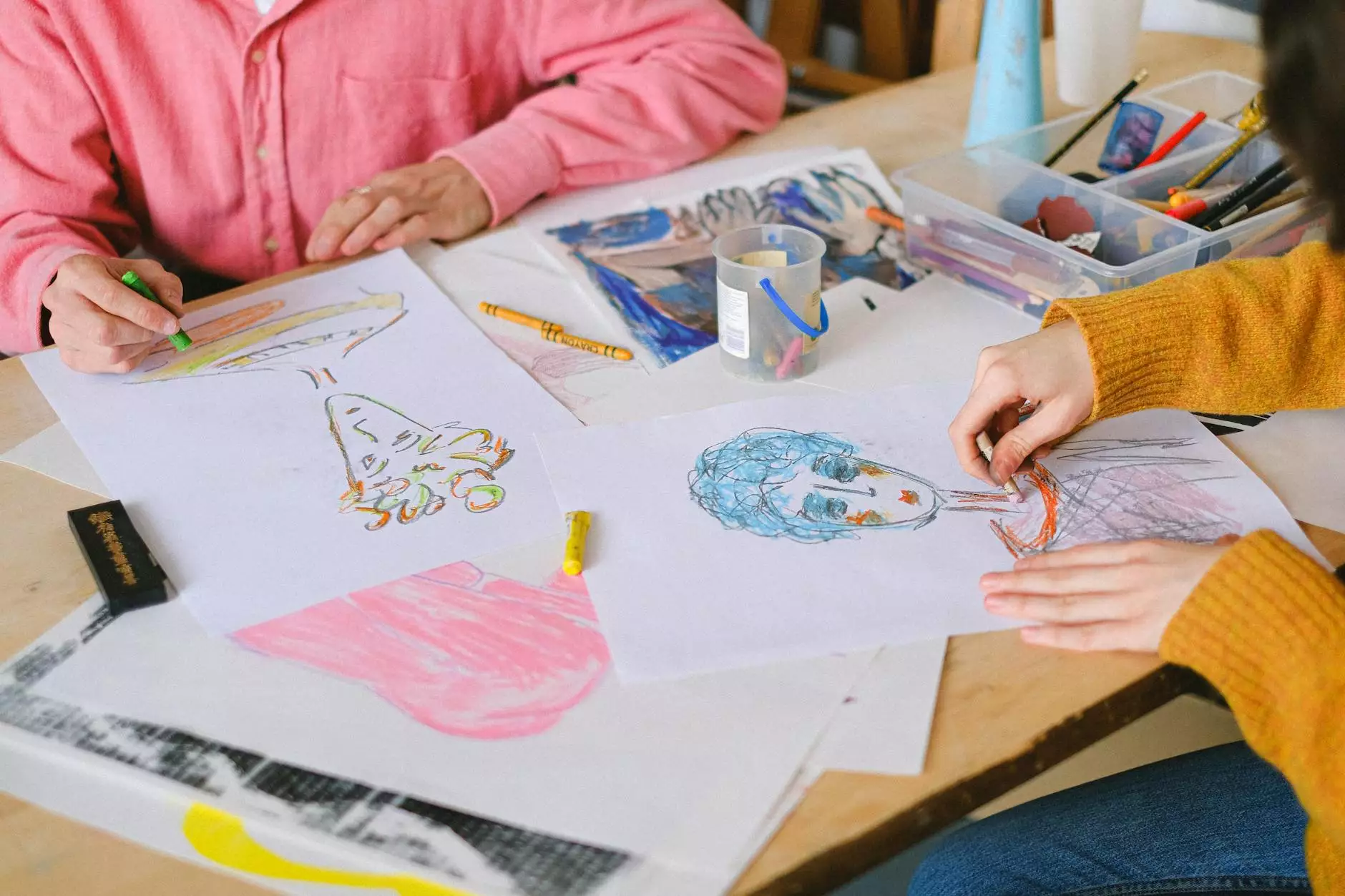Socialization Agents: Shaping Individuals' Behavior and Beliefs

Welcome to The Knowledge Nest's in-depth exploration of socialization agents and their role in society. In this essay, we will delve into the concept of socialization agents and examine the profound impact they have on shaping individuals' behavior and beliefs. Join us on this enlightening journey as we unravel the intricacies of socialization and explore how different agents contribute to our development.
Understanding Socialization Agents
Socialization agents refer to the various individuals, groups, and institutions that play a significant role in influencing our behavior, beliefs, and values. These agents act as influential forces throughout our lives, starting from childhood and continuing into adulthood. By interacting with these agents, we acquire the necessary knowledge, skills, and norms to function effectively within society.
The Family: Our Initial Socialization Agents
One of the most influential socialization agents is the family. From the moment of birth, our families serve as our primary source of guidance, teaching us the fundamentals of behavior and instilling in us a sense of values and morality. Through observation, imitation, and interaction, children learn essential social and cultural norms from their family members.
Within the family unit, parents, siblings, and extended relatives all contribute to our socialization process. We learn language, interpersonal skills, and appropriate behavior through daily interactions with family members. Their influence forms the foundation upon which we build our future social interactions.
School: An Essential Socialization Agent
As we grow older, another critical socialization agent comes into play: the educational system. Schools provide an environment that goes beyond academic learning; they are also responsible for teaching important social skills, such as cooperation, teamwork, and conflict resolution. Within the school setting, students learn to navigate social hierarchies and develop friendships that shape their social identities.
Teachers, administrators, and classmates all contribute to the socialization process within schools. Through structured lessons, extracurricular activities, and social interactions, students gain a broader understanding of social roles, cultural diversity, and societal expectations. It is within this dynamic environment that students learn to become active participants in their communities.
Peers: Influential Socialization Agents
Parallel to the influence of family and schools, peers also play a vital role in our socialization journey. As we navigate different social groups and make friends, our peers become significant agents in shaping our behavior and beliefs. Peer pressure, for instance, can greatly impact individual decision-making, often leading to the adoption of new habits, values, or perspectives.
Peer socialization often serves as a bridge to independence, allowing individuals to form their identities outside the home and school environments. Friends provide emotional support, social validation, and exposure to diverse perspectives, which contribute to our ongoing social development. By engaging with peers, we broaden our understanding of societal norms and gain insights into various cultural backgrounds.
The Impact of Socialization Agents on Society
Understanding the impact of socialization agents on individuals is crucial for comprehending their broader effects on society. As social beings, we continually interact with others, and these interactions are shaped and influenced by the agents of socialization. The behaviors, beliefs, and values we acquire through these agents collectively shape the culture, social structures, and norms of our communities.
By examining the role of socialization agents in society, we can gain insights into various phenomena, such as the perpetuation of social inequality, cultural diversity, and the replication of social norms. These agents act as conduits for the transmission of social expectations and values, which ultimately contribute to the overall stability and development of a community.
Agents of Change: Challenging Existing Norms
While socialization agents generally reinforce existing norms and values, they can also become agents of change. By challenging established beliefs and questioning societal expectations, individuals and groups can redefine social norms and influence the broader community. History has shown us that social movements, driven by individuals' collective efforts, can challenge oppressive systems and promote social progress.
In today's digital age, the internet and social media have emerged as powerful socialization agents, with the potential to reach a global audience. Online communities and platforms provide spaces for the exchange of ideas, mobilization, and the formation of new social identities. By leveraging these tools, individuals can challenge prevailing narratives, foster inclusivity, and push for positive societal transformations.
Importance of Understanding Socialization Agents
Recognizing and understanding the role of socialization agents is crucial for both individuals and society as a whole. Through awareness, we can critically evaluate the influences that shape our behavior and beliefs, fostering personal growth and the ability to make informed decisions.
Moreover, an understanding of socialization agents allows us to create inclusive and supportive environments that promote positive social development. By reflecting on the impact of these agents, we can actively work towards dismantling harmful norms and perpetuating positive values that foster equality and well-being within our communities.
Continual Learning and Growth
In conclusion, exploring the concept of socialization agents and their role in shaping individuals' behavior and beliefs helps us recognize the profound influence these agents have on our lives. From our initial interactions with our families to our experiences in schools and the influence of peers, socialization agents contribute to our ongoing development and the formation of our identities.
Understanding socialization agents' impact on society is vital for fostering positive change and promoting inclusivity. By examining these agents' role, we can foster a greater awareness of the norms, values, and expectations that shape our communities. It is through this understanding that we can actively work towards creating a more just and equitable society where all individuals have the opportunity to thrive.










